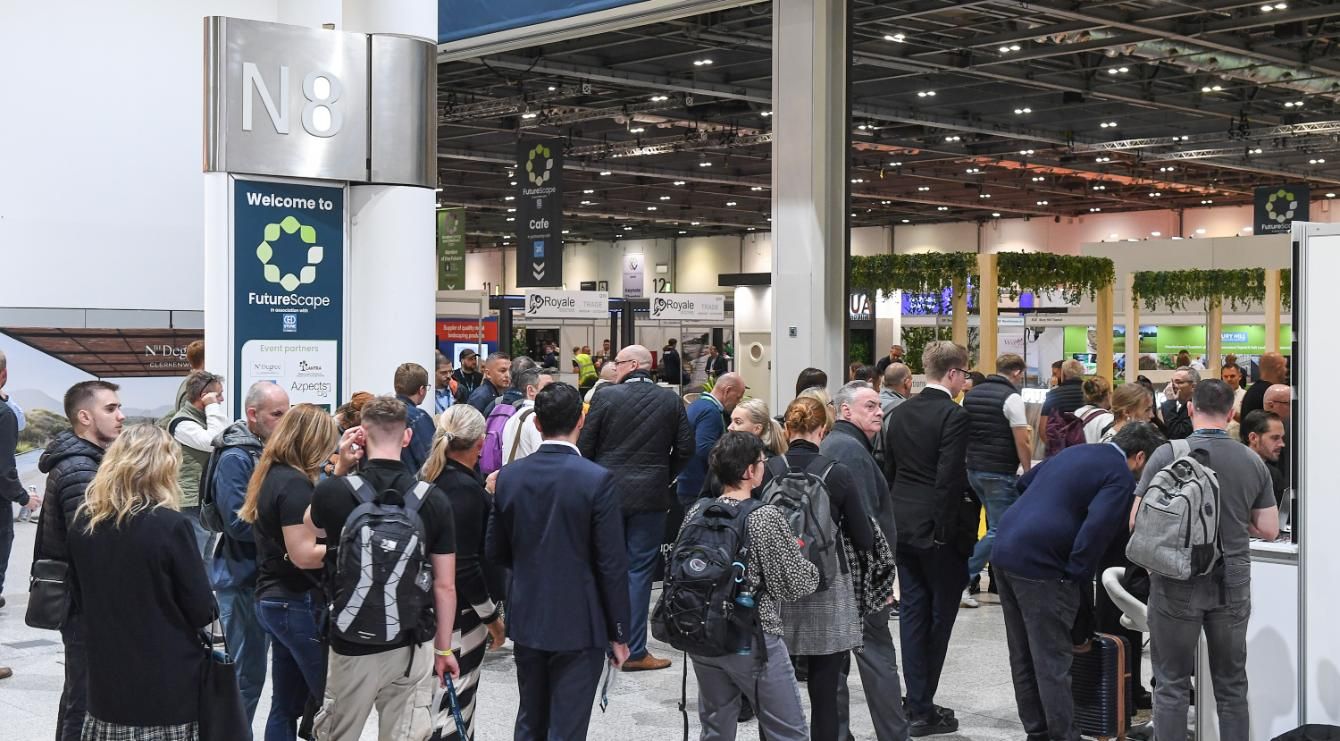Corporate Net Zero & Waste: Why Recycling Strategies Matter in London’s Race to 2030
)
London is among the world’s most ambitious cities on climate. Mayor Sadiq Khan has set a bold goal: for London to reach net zero carbon emissions by 2030, two decades ahead of the UK national target of 2050.
But waste management and recycling – essential pillars of a circular economy – often fly under the radar in net zero discussions. This blog explores how integrating waste strategies is essential to achieving both corporate ESG commitments and London’s broader decarbonisation ambitions.
Why Waste Belongs at the Core of Net Zero-
Scope 3 emissions: Waste-related emissions—from supply chain waste disposal to landfill methane—can significantly affect a company’s carbon footprint.
-
Landfill avoidance: Reducing biodegradable waste diverted to landfill is critical for curbing methane, one of the most potent greenhouse gases.
-
Circular economy value: Reusing, recycling, and recovering materials reduce dependence on virgin resources, aligning with decarbonisation goals.
Though London’s net zero plan doesn’t set waste-specific interim targets, the London Environment Strategy includes committing to zero biodegradable or recyclable waste to landfill by 2026, and a 65% municipal waste recycling rate by 2030.
Both align directly with net zero. Diverting organic waste and boosting recycling reduce greenhouse gases and support the Mayor’s “Accelerated Green” pathway to net zero by 2030.
Policy Alignments Driving Action-
Extended Producer Responsibility (EPR) and Simpler Recycling introduce clear waste separation and cost responsibilities.
-
The Mayor’s net zero plan emphasizes waste as part of the pathway, linking circular thinking with carbon reduction.
-
Though over £130 million remains unspent from London's carbon offset fund, waste-based projects like energy from waste, community repairs, and textile reuse could unlock impact — if allocated.
-
Cost savings: Less landfill and improved recycling means reduced fees and handling costs.
-
Material value capture: Selling recyclables or using recovered inputs can generate revenue.
-
ESG performance: Integrating waste into sustainability reporting strengthens transparency and credibility.
-
Regulatory compliance: Aligning internal strategy with EPR and Simpler Recycling ensures readiness as enforcement intensifies.
-
Embedding waste data into carbon accounting systems is often complicated.
-
Supplier and contractor engagement may lag behind, limiting compliance.
-
Technical complexity: London’s boroughs, though committed, are uneven in spending allocated climate funds that support waste-related projects.
-
Audit waste streams, focusing on scope 3 hot spots.
-
Set targets for reuse and recycling aligned with net zero pathways.
-
Engage suppliers and service partners to embed waste-included criteria.
-
Invest in innovation, like waste-to-resource technologies and digital monitoring.
- Hear From Experts at The Recycling Expo
Looking to embed waste into your net zero roadmap? Meet:
Climate Impact Partners; Beyondly Global Limited; Green Space Innovations; ReLondon; OCO Technology — plus hundreds of other exhibitors innovating at the nexus of waste, circular economy, and net zero.
📅 7–8 October 2025 | ExCeL London
🎟️ Register free today: www.recyclingexpo.co.uk



